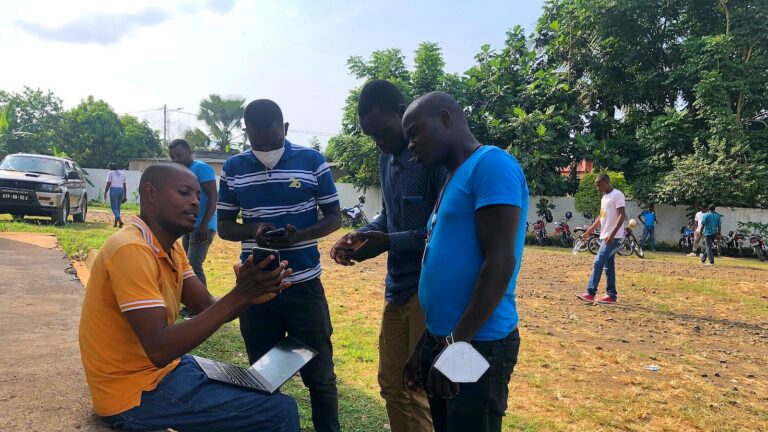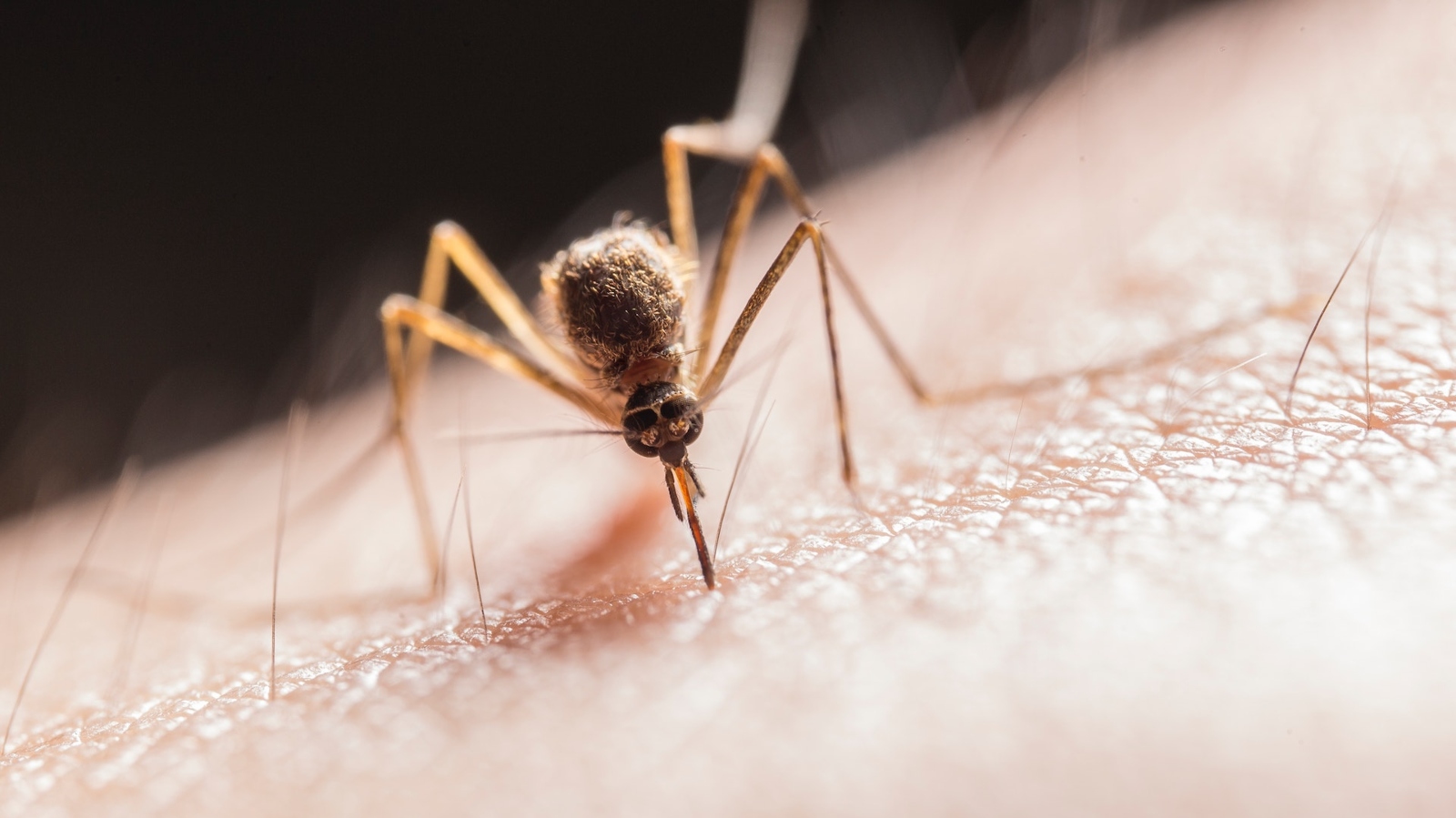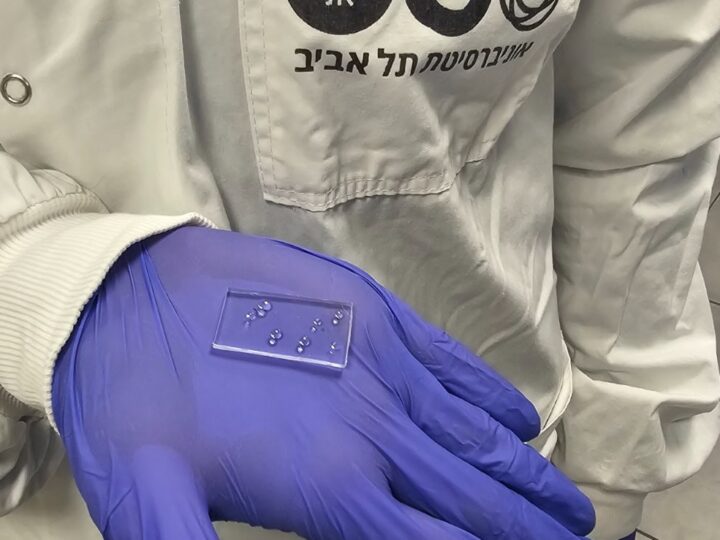A pilot study of an Israeli system using artificial intelligence to detect stagnant water bodies that attract malaria-carrying mosquitoes resulted in a 75 percent reduction in mosquito numbers, and a 52.5% decrease in malaria incidence, at a cost of 86 cents per person.
Malaria kills 400,000 people yearly, most of whom are children under the age of five.
The Malaria Journal recently published results of the study by Jerusalem-based ZzappMalaria in the Central African country of São Tomé and Príncipe.
The pilot, in cooperation with São Tomé and Príncipe’s Health Ministry, was conducted in three of the country’s six districts. Using Zzapp’s technology, 50 field workers located almost 13,000 water bodies that served as mosquito breeding grounds.
The field workers then treated the identified areas to kill mosquito larvae (larvicide), guided by the Zzapp app to streamline and optimize the operation.

Managing mosquito larvae at the source was once a mainstay of malaria elimination strategy but was abandoned in Africa in favor of insecticidal nets and indoor residual spraying.
However, the study’s authors write, development of new technologies and mosquitoes’ growing resistance to insecticides has renewed interest in larval source management.
Digital management of larviciding using technologies such as Zzapp’s system, the study concluded, should be considered as a cost-effective intervention for urban areas.
The company said the study “further solidifies the role of digitized larviciding in malaria elimination, showing it as a cost-effective, proven technology. Zzapp’s technology has already been deployed in Ghana, Tanzania, Kenya, Ethiopia, Mozambique, and now São Tomé and Príncipe, protecting over 500,000 people from malaria.”
The study authors concluded that digitization of larval source management facilitates all aspects of the operations, “from planning, through execution to monitoring. It eases the work of managers and fieldworkers and presents a clear and reliable picture of operations’ progress, expenditure and outcomes, which can easily be shared with stakeholders and the community.”
Zzapp is a subsidiary of Sight Diagnostics, a company that developed Parasight, an AI-based system that has accurately and cost-effectively diagnosed malaria in close to a million tests across 24 countries.

















